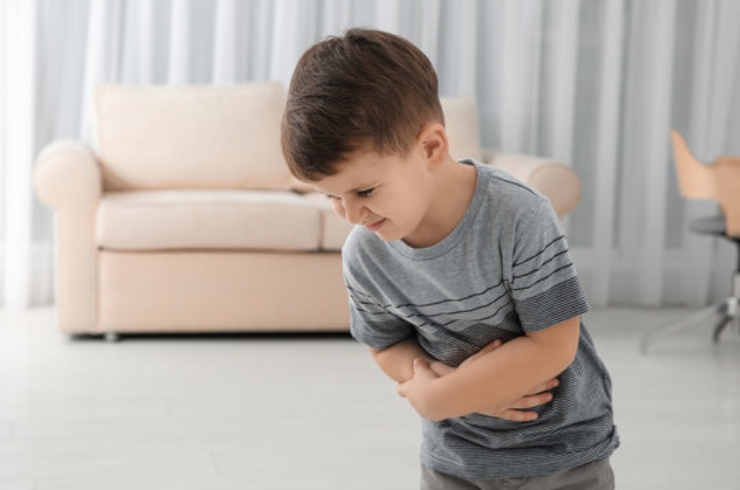Rectal Bleed in Children

Surgical Care by Dr. Bhalchandra Madhav Jayakar
At Jayakar Surgicare, we offer comprehensive surgical care for Rectal Bleed In Children addressing a wide range of pediatric surgical conditions. Led by Dr. Bhalchandra Madhav Jayakar, a highly skilled Neonatal & Pediatric Surgeon with over 22 years of experience, our clinic specializes in both open and minimally invasive (laparoscopic) surgeries to provide the best outcomes for young patients.
Expert Care for Pediatric Surgical Conditions
Dr. Jayakar’s expertise spans a variety of pediatric surgical issues, from simple procedures to complex surgeries that require advanced techniques.
Rectal bleeding in children can be alarming for parents, but it is not always a sign of a serious condition. It refers to the passage of blood through the anus, often seen in the stool, on toilet paper, or in the toilet bowl. Understanding the possible causes and when to seek medical help is important.
Common Causes of Rectal Bleeding in Children
- Anal Fissures (Small Tears in the Skin)
- Most common cause.
- Caused by passing hard or large stools.
- Blood is bright red and is seen on the surface of the stool or toilet paper.
- Constipation
- Straining during bowel movements can lead to fissures or haemorrhoids.
- Chronic constipation is a common issue in children.
- Infectious Diarrhea
- Bacterial or viral infections can irritate the intestine and cause bloody stools.
- Food Allergies or Intolerances
- Especially in infants, cow’s milk protein allergy can cause bloody stools.
- Juvenile Polyps
- Benign growths in the colon may cause painless rectal bleeding.
- Intussusception (Medical Emergency)
- A condition where part of the intestine slides into another part.
- Can cause “currant jelly” stools (blood and mucus).
- Requires immediate medical attention.
When to See a Doctor
Seek medical attention if your child experiences:
- Frequent or heavy rectal bleeding
- Blood mixed in with diarrhoea or mucus
- Abdominal pain, vomiting, or fatigue
- Signs of dehydration or weakness
- Fever with bloody stools
- A baby or infant showing signs of discomfort or blood in the stool
Diagnosis & Treatment
A paediatrician may recommend:
- Physical examination
- Stool tests
- Blood tests
- Abdominal ultrasound or colonoscopy (in rare cases)
Treatment depends on the cause and may include:
- Stool softeners or dietary changes (for constipation/fissures)
- Probiotics or antibiotics (for infections)
- Allergen elimination (for suspected food allergy)
- Surgical removal (for polyps or emergencies like intussusception